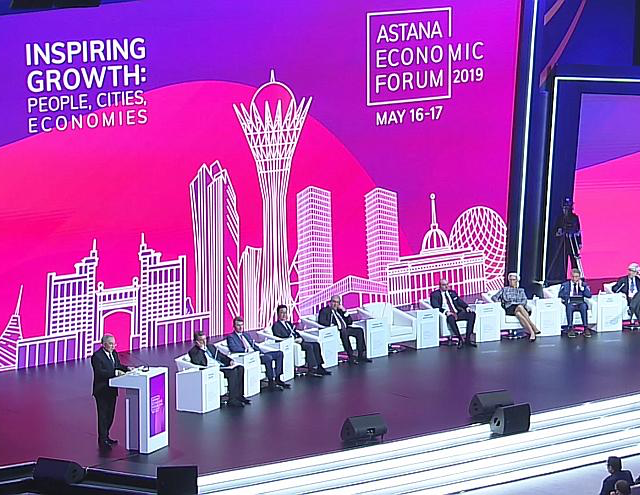Amidst undulating prices and mixed newspaper headlines, 2019 has seen a number of shocks to the globally important but under-scrutinised fertilizer sector.
The industry has been hit by what is seen as mismanagement and poor decision making and has emerged as a target for questionable large-scale international practices.
These developments have blighted the reputation of the international fertilizer industry and specifically those who control it.
One major business news event in the Western press this year has been the collapse of Sirius Minerals’ share price. The significant decline in the share price has devastated the investment portfolios of thousands of individual retail investors who had bought into the promise of a world class potash mine, large scale regional infrastructure development and Yorkshire job creation.

Sirius spent the best part of three years building up interest in the £4bn Woodsmith project in the North York Moors and succeeded in attracting the trust of and investment of thousands of small-scale investors.
In August, the once viable project began to look increasingly shaky after the management suddenly pulled the plug on a planned £403m bond sale, blaming market conditions aggravated by uncertainty over Brexit. The funds were required to unlock a £2bn revolving credit facility that would have provided the majority of the project’s financing. Sirius dropped out of the FTSE 250 index and its share price plummeted by nearly 90% in the past 12 months as a result.
Ireland’s High Court has been the battleground for a dispute between fertilizer giant UralChem and the management of the Togliattiazot ammonia plant in Russia. UralChem is seeking to recover billions of rubles that, it alleges, has been misappropriated through mismanagement and alleged fraud.
The case focuses on the role of father-son duo Vladimir and Sergei Makhlai plus other senior Togliattiazot managers. In the summer of 2019, the media, including the Russian news agency TASS, reported that a Russian court had found Vladimir Makhlai and three senior managers guilty of fraud. On July 6 TASS reported that Makhlai, the former head of the world’s largest ammonia producer, was sentenced, in absentia, to nine years in prison for allegedly embezzling 89 billion rubles. Vladimir and Sergei Makhlai have denied any wrongdoing.
The upheaval in the fertilizer industry has also reached the upper echelons of global geopolitics. Those currently paying close attention to the impeachment proceedings in USA and the role of Trump’s previous advisers may have come across Dmitry Firtash, a Ukrainian oligarch, currently under house arrest in Vienna while battling extradition to the USA. Last September, the Antimonopoly Committee of Ukraine (AMCU) took a decision on the “forced separation of nitrogen chemistry assets” of the Ostchem Group reportedly owned by Firtash and imposed a fine of Hr 107 million on NF Trading Ukraine.
According to the Ukrainian government, Ostchem has held a lucrative monopoly on the country’s fertilizer market and it has been claimed that Ostchem abused its monopoly to artificially increase fertilizer prices during the period 2014–2017. Firtash, who denies any wrongdoing, was not available for comment.
Given that Ukrainian nitrogen fertilizer use increased by 50% between 2010-2019, and that Ukraine is a key supplier to China’s burgeoning meat industry, this saga is heavily entangled in the current China-American trade war and can be expected to run into 2020 and beyond.
The fertiliser industry is of immense value to consumers, investors and the international commercial ecosystem. Whether in Russia, Ukraine – or even North Yorkshire – it is of increasing importance that minority shareholders have recourse to hold management to account and guarantee the upholding of good governance standards.




